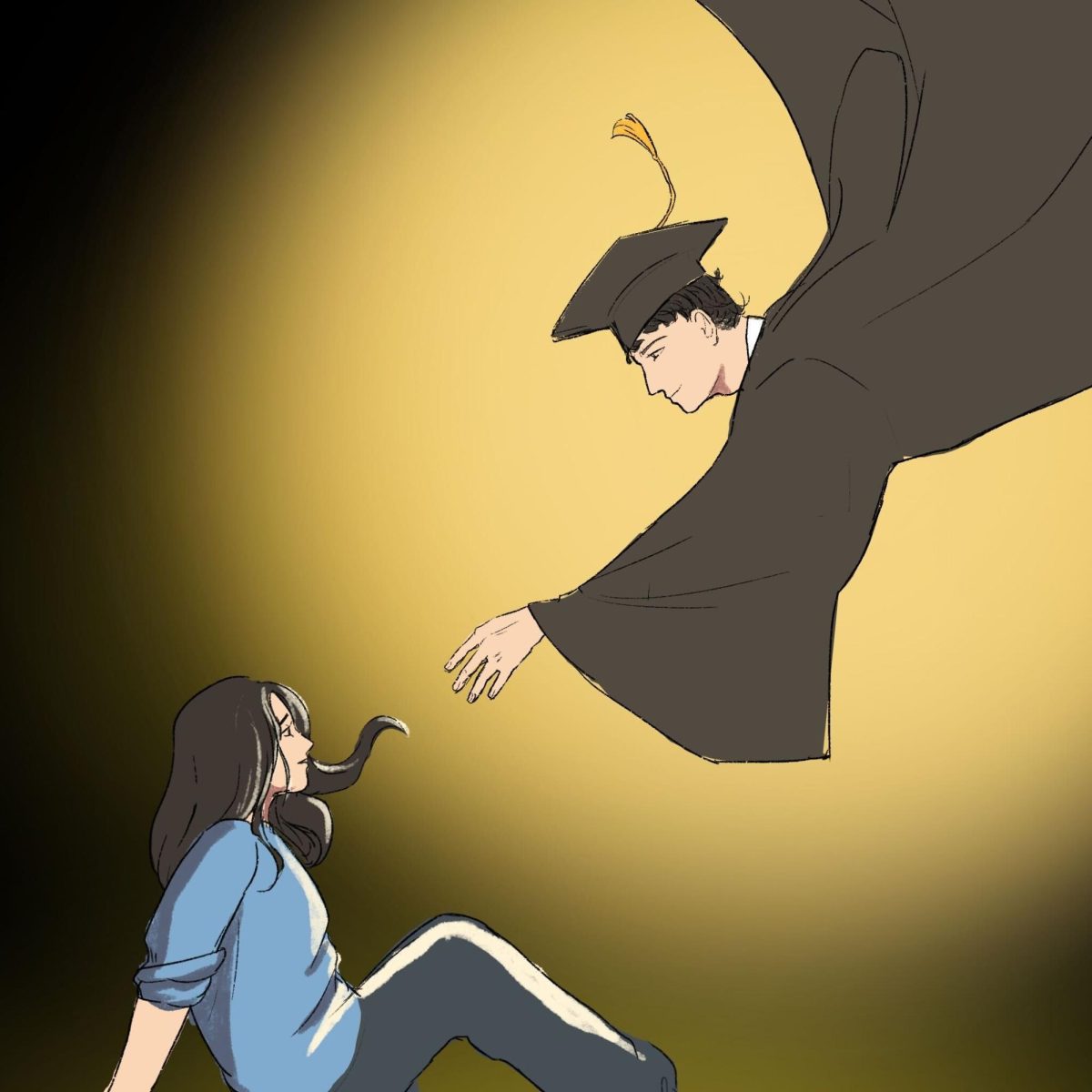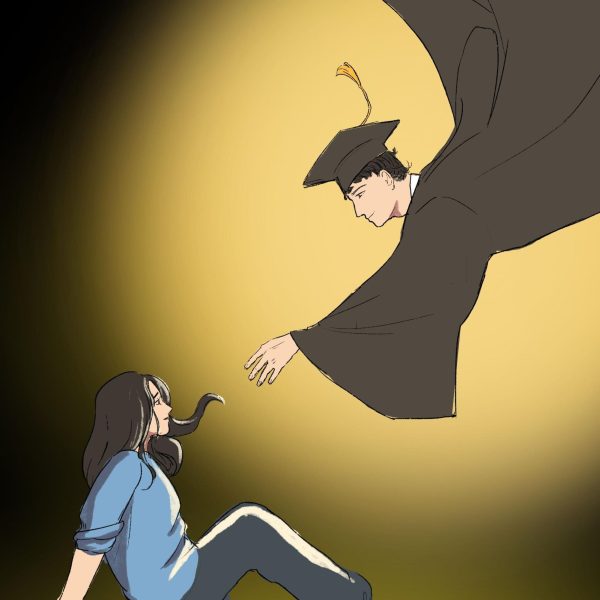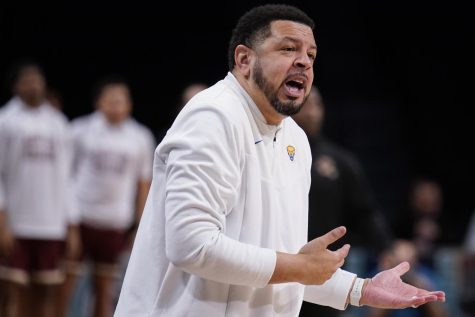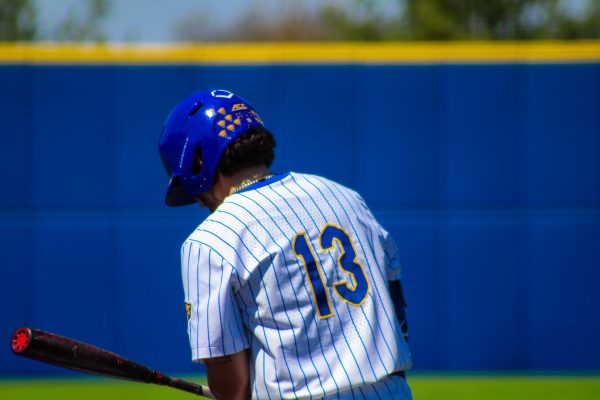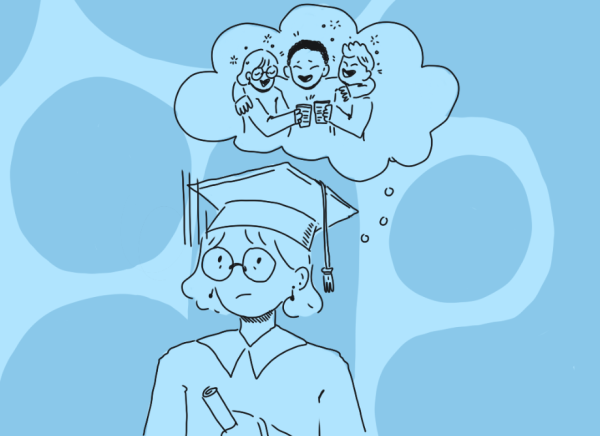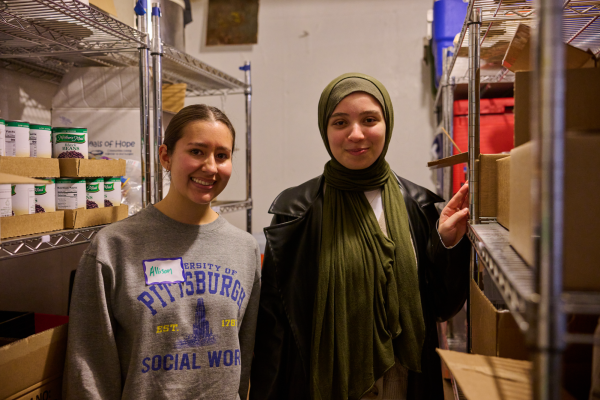Illinois students, faculty hold rally amid controversy over political activity on campus
October 3, 2008
‘ ‘ ‘ ‘ ‘ ‘ CHICAGO — Students and professors at the University of Illinois rallied for… ‘ ‘ ‘ ‘ ‘ ‘ CHICAGO — Students and professors at the University of Illinois rallied for Barack Obama on the Urbana-Champaign campus Thursday — holding signs, passing out fliers and registering people to vote — to probe an increasingly controversial question as the November elections approach: Is it legal for employees and students at state colleges to express support for political candidates while on campus? ‘ ‘ ‘ ‘ ‘ ‘ The university’s administration has sparked outrage by informing faculty, staff and graduate students that a five-year-old state law designed to prevent state workers from campaigning for candidates on state time or with state resources meant they could not express support for candidates or parties through pins, T-shirts or bumper stickers while on campus. Nor could they attend any political rally or event on campus, the administration said. ‘ ‘ ‘ ‘ ‘ ‘ ‘They’re trying to control our bodies and our voices any time we’re on campus. These policies are clearly a violation of our First Amendment rights,’ said Dan Colson, an English graduate student who, along with some other students, professors and free-speech experts have lashed out. ‘ ‘ ‘ ‘ ‘ ‘ Colson and others argue that the University of Illinois was unfairly expanding the state law and that academic freedom meant campus communities should not be held to the same standards as other state employees. ‘ ‘ ‘ ‘ ‘ ‘ Tom Hardy, a University of Illinois spokesman, said Thursday that the university only wanted to inform its employees of the law and had no intention of enforcing it. The university, he said, would take no action against participants in the pro-Obama rally. ‘ ‘ ‘ ‘ ‘ ‘ But the governor’s Office of Executive Inspector General, which investigates ethical violations, said it would act on complaints of political activity on college campuses depending on their severity. And it delivered a sweeping new twist, saying that the state law meant that university students, not just employees, were prohibited from participating in political rallies on campus ‘- an assertion at odds with the University of Illinois’ interpretation of the law. ‘ ‘ ‘ ‘ ‘ ‘ ‘Anything that benefits a political campaign is prohibited on state property,’ said Gilbert Jimenez, deputy inspector general. The results of any investigations of campus activity would be turned over the university’s board of trustees with recommendations for discipline, including possible dismissal, Jimenez said. ‘ ‘ ‘ ‘ ‘ ‘ The state Attorney General’s Office said it was unclear how the state law applied to university employees and whether it applied to students. ‘ ‘ ‘ ‘ ‘ ‘ ‘What I can tell you is that state law addresses whether state employees themselves can use state time or resources for political purposes,’ said Natalie Bauer, a spokeswoman for the office. ‘It doesn’t address whether that applies to students.’ ‘ ‘ ‘ ‘ ‘ ‘ Similar controversies are surfacing in other states, according to Foundation for Individual Rights in Education, or FIRE, a Philadelphia-based group that advocates for free speech on college campuses. ‘ ‘ ‘ ‘ ‘ ‘ The University of Oklahoma, for example, drew criticism last month when it told employees and students that they could not use university e-mail to endorse or oppose a candidate or to forward political humor and commentary. FIRE also has received complaints from officials at Iowa Western Community College and Fresno Pacific University about bans on any kind of campaigning on those campuses. ‘ ‘ ‘ ‘ ‘ ‘ ‘They are illustrative of a larger confusion about political speech on campus,’ said Will Creeley, the organization’s director of legal and public advocacy. ‘ ‘ ‘ ‘ ‘ ‘ Hardy said the University of Illinois outlined the restrictions on political activity two weeks ago as part of an ongoing effort to communicate the state ethics law to its employees, even though it views them as different from other state workers. ‘ ‘ ‘ ‘ ‘ ‘ ‘The purpose was to say, ‘Keep these provisions in mind, exercise common sense, and everything will be fine,’ ‘ Hardy said of an e-mail sent to all employees and graduate students. ‘We’re not going to be policing the quad or the parking lots trying to bust people for wearing political buttons and having bumper stickers.’ ‘ ‘ ‘ ‘ ‘ ‘ But critics said the move could have a chilling effect on free speech. ‘ ‘ ‘ ‘ ‘ ‘ Colson, who helped organize Thursday’s rally, which he said drew nearly 50 participants, said he could understand the state limiting university employees from campaigning while working. But he saw it as overly restrictive to prohibit them from wearing of pins and T-shirts and from engaging in political activity on campus outside of work. ‘ ‘ ‘ ‘ ‘ ‘ ‘I’m not an employee of the university 24 hours a day,’ he said. ‘And it’s outrageous to say that students should be prohibited from rallying.’ ‘ ‘ ‘ ‘ ‘ ‘ Cary Nelson, an English professor, has circulated memos on campus decrying the policy. He has a bumper sticker that proclaims ‘MY SAMOYED IS A DEMOCRAT,’ and wears an Obama pin to campus class. ‘ ‘ ‘ ‘ ‘ ‘ To snub the restrictions, he recently articulated his pro-Obama stance to a class, adding that he would never evaluate them based on their political views. ‘ ‘ ‘ ‘ ‘ ‘ ‘Academic freedom allows us to reveal our political views if we want,’ Nelson said.


